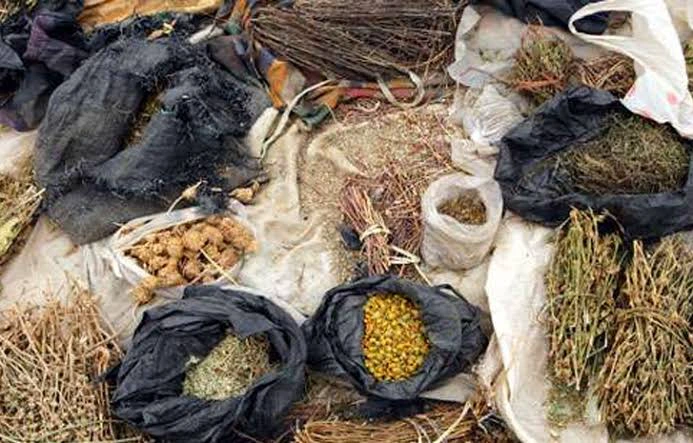Herbal medicines contain active substances obtained from plant parts such as leaves, roots, and flowers. However, just because something is “natural” doesn’t mean it’s risk-free.
Any conventional drug has the potential to cause side effects. Following pharmacological trials and research investigations, these adverse effects are described and reported. After the medicine is marketed, side events are reported and investigated further. For clinicians treating patients, information about drug components, interactions, pregnancy, breastfeeding, paediatric patients, and dose limits are specified and made available in standard references.
 Furthermore, to assure conformance, medicine compositions must meet stringent quality control criteria. These drugs include nearly constant amounts and ratios of ingredients on a regular basis.
Furthermore, to assure conformance, medicine compositions must meet stringent quality control criteria. These drugs include nearly constant amounts and ratios of ingredients on a regular basis.
According to a study, herbal remedies might cause kidney failure and liver damage in some people because they contain hazardous compounds or heavy metals or interact negatively with other medications.
ALSO READ: Eating beans regularly can have these 4 negative effects on you
In contrast, local herbs have little or no scientific backing, making it difficult for doctors to advise patients on proper use or potential toxicity. There are no standardised references, and the majority of herbal formulations have not been evaluated, uniformed, or quality regulated. One batch may differ significantly from the next.
Furthermore, even if a herb’s toxicity is known, the manufacturer may or may not warn consumers. Consumers are not compelled to be informed about known dangers by manufacturers.
The point is that, majority of our herbal medicine are not approved, controlled, or supervised by any government agencies.
Who should avoid herbal medicines?
According To National Health Service, the following category of people should avoid taking local herbs.
1. Those who are taking other medications.
2. People suffering from major illnesses such as liver or renal damage.
3. Those who will be undergoing surgery.
4. Elderly or breastfeeding women.
5. Children – herbal medicines, like all medicines, should be kept out of children’s sight and reach.
If you fall into one of these categories, seek counsel from your doctor or pharmacist before attempting a herbal remedy.

 Football7 days ago
Football7 days ago
 Health & Fitness22 hours ago
Health & Fitness22 hours ago
 Aviation1 week ago
Aviation1 week ago
 Featured5 days ago
Featured5 days ago
 Education6 days ago
Education6 days ago
 Comments and Issues6 days ago
Comments and Issues6 days ago
 Business6 days ago
Business6 days ago
 Education1 week ago
Education1 week ago

